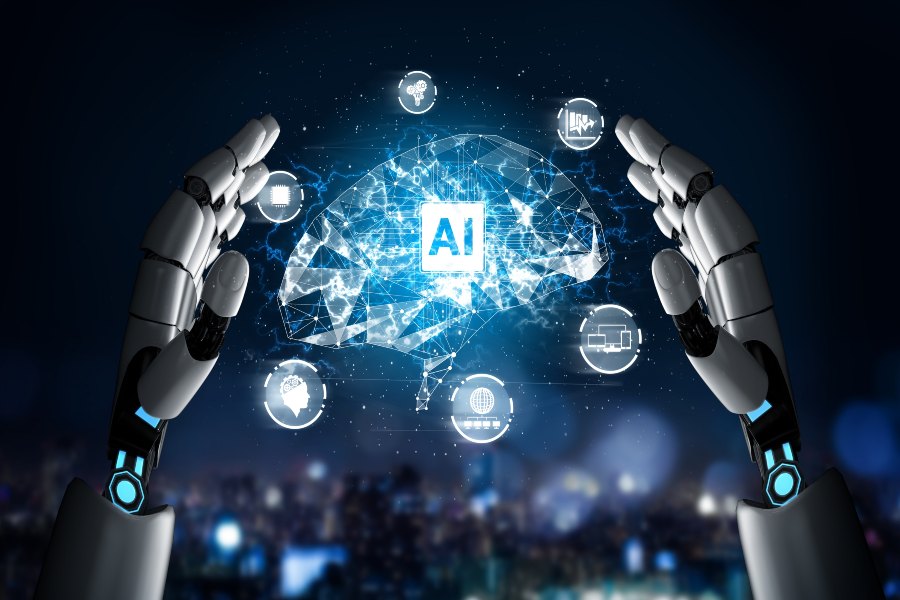Continuing the three-part series on AI’s impact on intellectual property, the initial installment looked into the intricate process of copyrighting AI-generated content, highlighting the inherent challenges within conventional ownership laws.
The upcoming segment will scrutinize AI’s implications on trade secrets and trademarks within the European Union (EU) and the United States legal frameworks.
In a landmark move, the EU reached a historic provisional agreement in 2023 on the pioneering AI Act, poised to establish the world’s first comprehensive AI regulations.
Once ratified by the EU Parliament and Council, this legislative milestone will set a global standard for countries aiming to harness AI’s potential benefits while mitigating associated risks.
Among its myriad provisions, the AI Act addresses AI and copyright, underscoring the need for transparency in AI operations, particularly concerning training data.
Rather than mandating exhaustive lists of copyrighted works, the legislation requires a summary of data collections, alleviating the burden on AI providers.
However, uncertainties linger regarding providers’ obligations under copyright laws, raising questions about the global applicability of EU regulations and potential regulatory ambiguity for developers.
Reflecting on previous discussions by the Digital Watch Observatory, which elucidated the intricate dynamics between AI-generated content and copyright, it explains that AI is globally used.
Traditional legal frameworks struggle to grapple with the nuances of AI-driven creation, leading to ambiguity surrounding ownership and authorship.
Diverse global approaches, ranging from denying AI copyright to attributing it to human creators, underscore the complexity inherent in this domain.
The forthcoming installment will examine AI’s influence on Intellectual Property Rights, specifically exploring its ramifications on trade secrets and trademarks within the EU and US legal contexts.
Source: diplo-media

